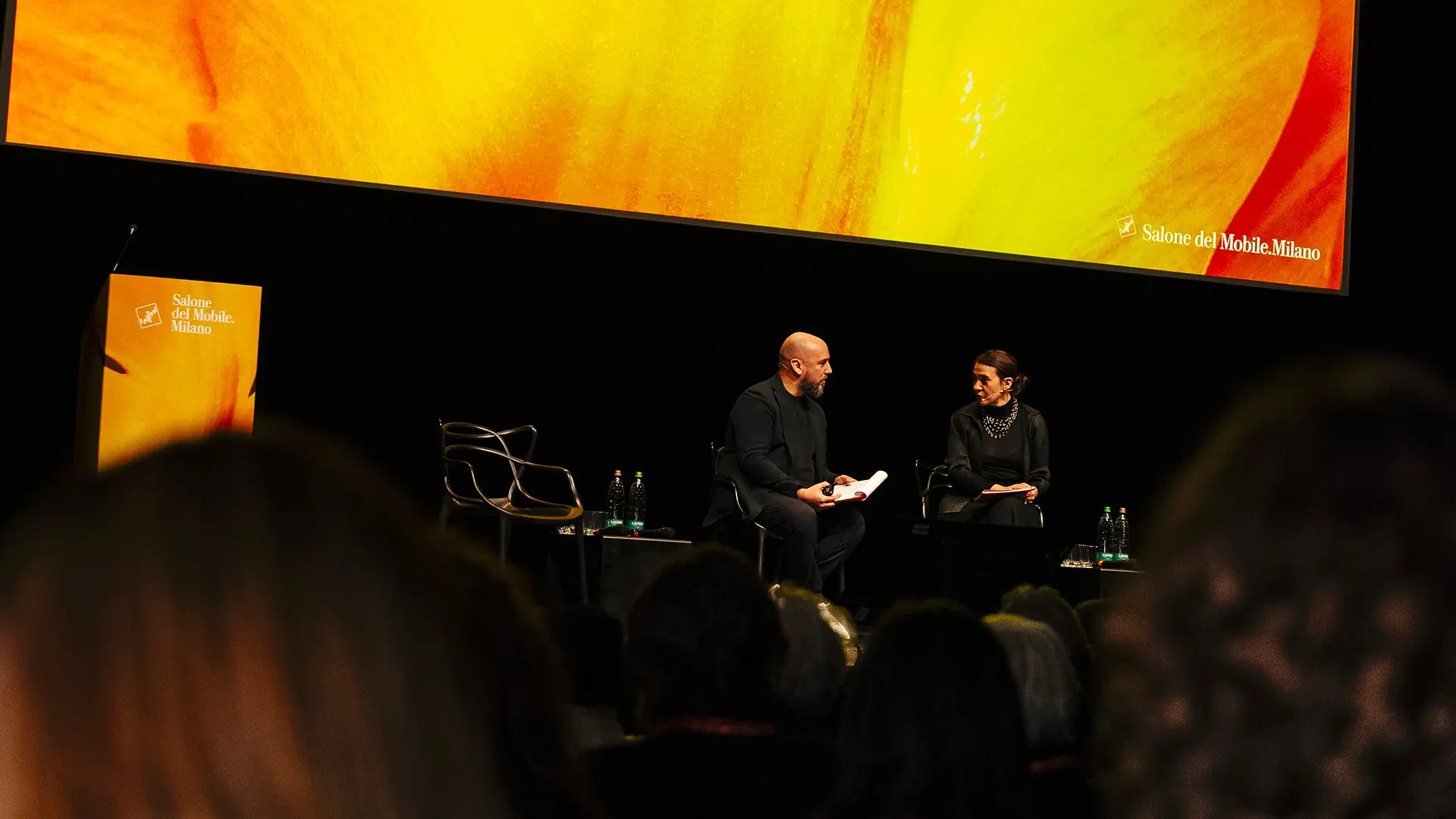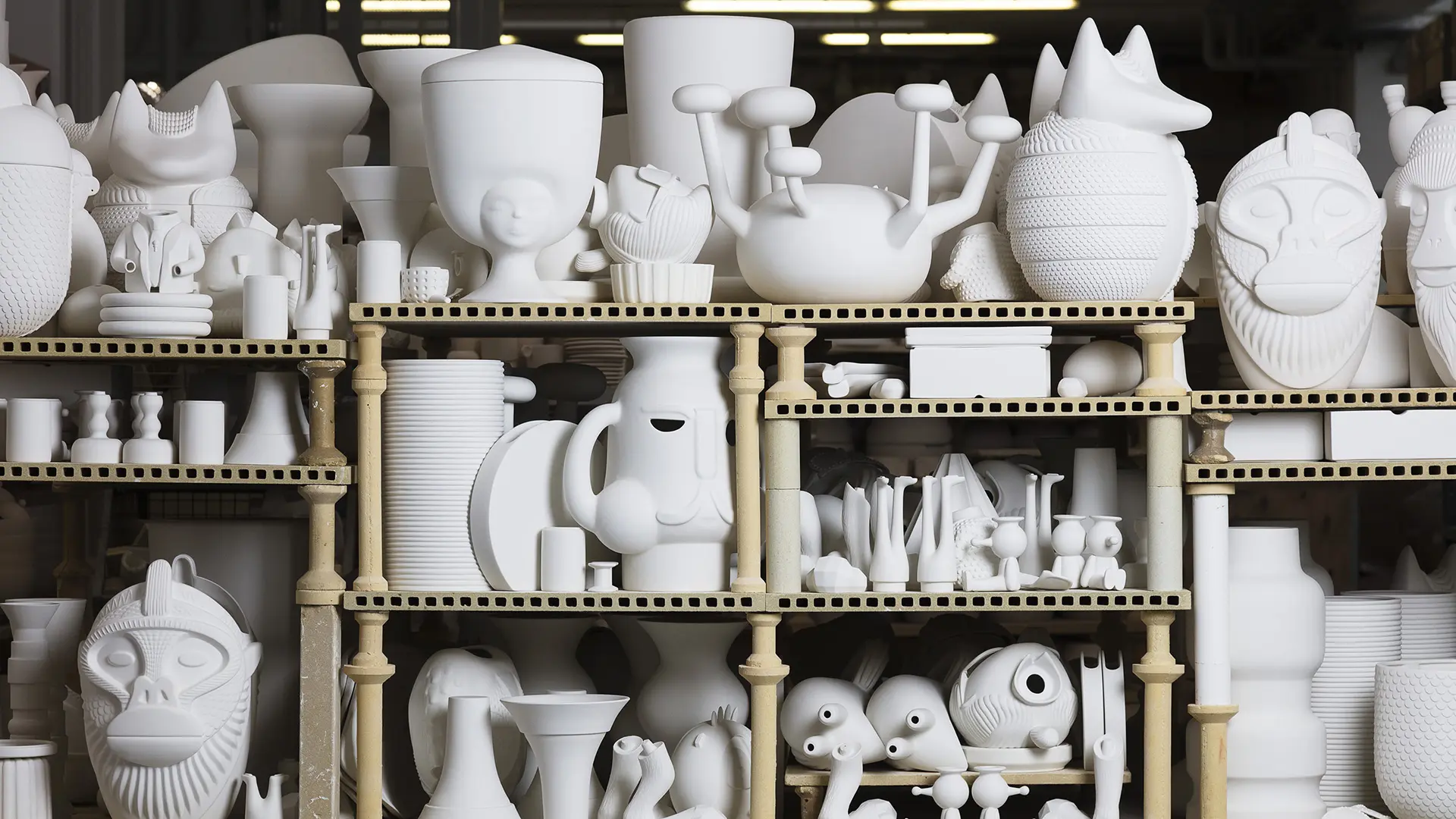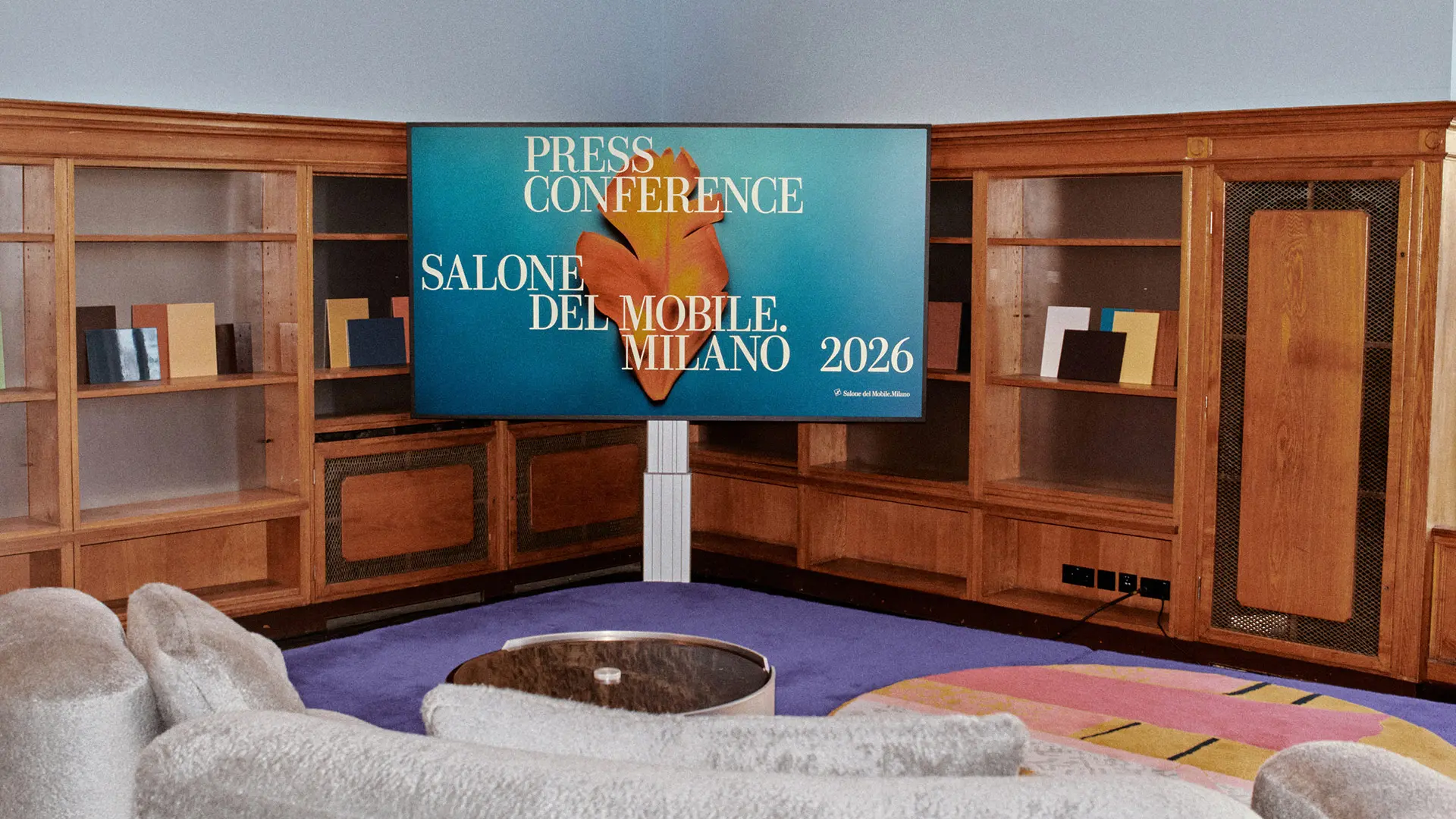The leading international furnishing and design industry event will be back at Fiera Milano Rho from 21st to 26th April next year
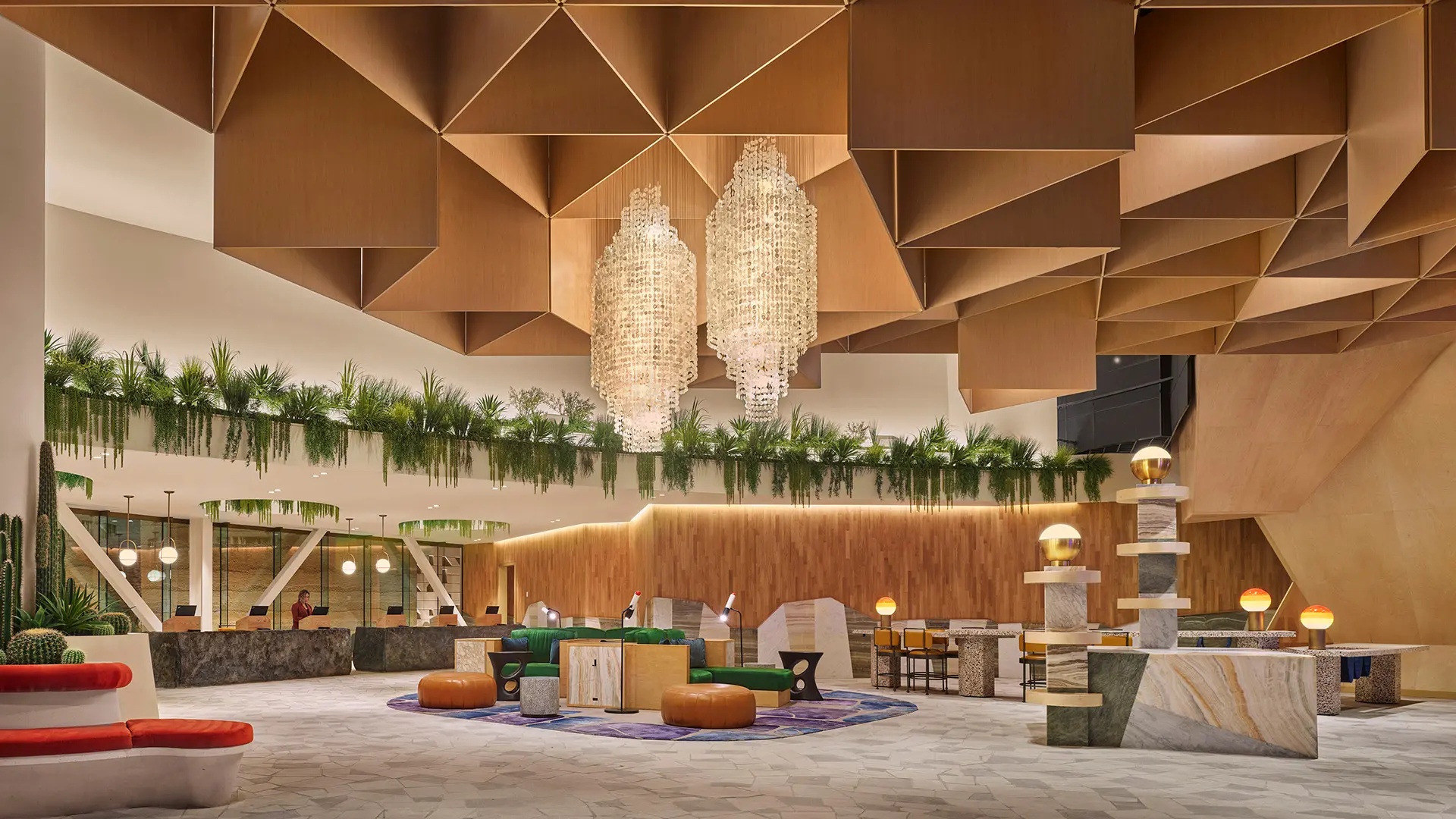
Virgin Hotels Las Vegas, Main Junction (Check In, Reception)
In this interview the icon of American design discusses turning theatricality into a design tool and discloses how seriously he takes the experience a space can generate.
The embodiment of the designer-as-entertainer who shuns vapid showboating, David Rockwell is the longest-living icon of American design and a mastermind of parallel worlds that he ceaselessly recreates in every field of design. Rockwell Group is a 250-person design practice that was founded by David Rockwell in 1984 in New York and now has satellite offices in Shanghai and Madrid. The Group delivers projects across the entire spectrum, from interiors to hotels, set and stage design and museums, all recently portrayed in "Drama", a new book published by Phaidon that explores the firm's kaleidoscopic activities. Whether it's sets for Academy Award-winning movies, design-driven luxury hotels or forays into product design, David Rockwell deploys imagination and empathy as tools for sensing an audience's vibe and amping it up with visual stimuli and sheer joy. From his base in New York, Rockwell offers us his own privileged perspective on post-pandemic scenarios for the hospitality industry, the growing need for stronger community ties, and the very special bond that Salone del Mobile has forged with the design community as a whole.
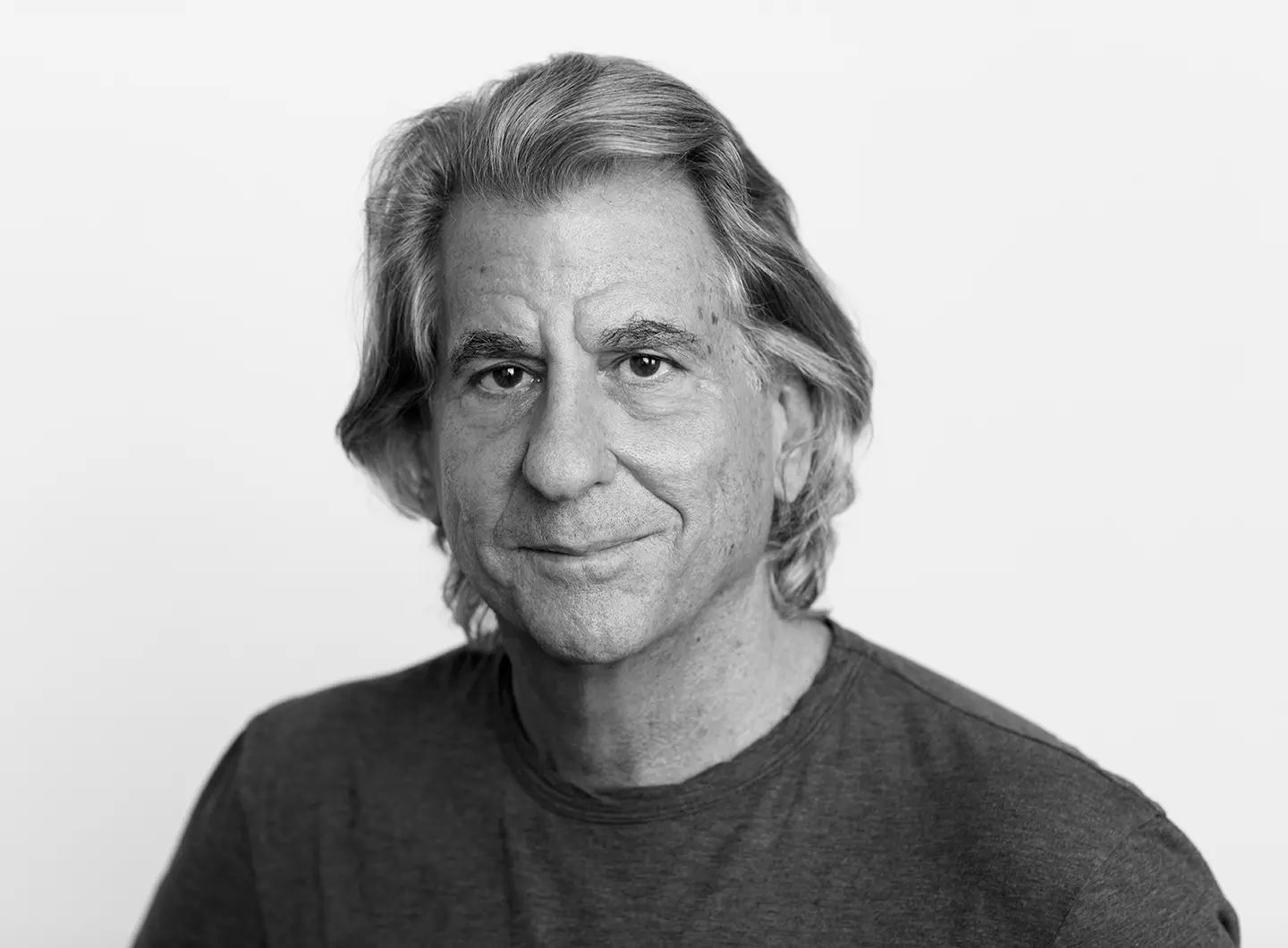
David Rockwell © Brigitte Lacombe
As an architect, I’m interested in places that bring people together. At the beginning of every project, we ask how we want the guests or visitors to feel, not how we want the space to look. That's a consistent approach, whether for a restaurant, hotel, university, museum exhibition, or play. Then we use a variety of tools to produce the kind of emotional experience that we've agreed we want to create. The methods and creative principles behind them come from our experience in—and are applicable to—both architectural and theatrical disciplines.
Luxury can be less about the cost of particular design features and finishes and more about how guests experience a space. For example, at the new Virgin Hotels Las Vegas, we wanted to create an inclusive series of lounge and dining spaces that invite guests to linger and explore. The hotel is located a couple of miles away from the iconic Strip, and we chose to accentuate this separation by creating a luxury destination that taps into the wider context of the desert landscape with pure forms and sculptural moments. Our public spaces reference desert Modernism and, wherever possible, blur the lines between indoors and out, with skylights, glazing, and an outdoor terrace. We imagined taking guests on an adventure along a desert highway spotted with natural wonders and follies.
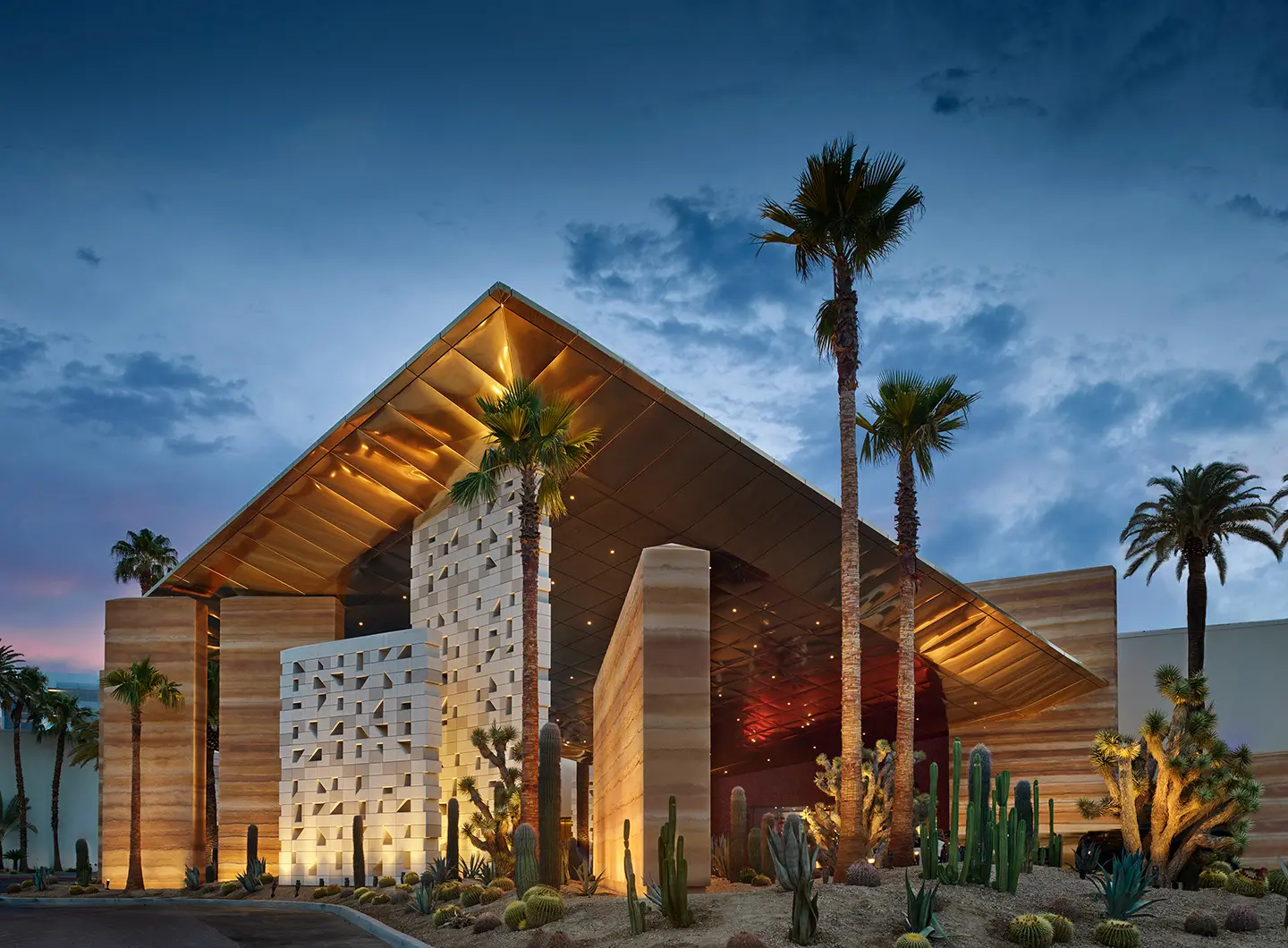
Virgin Hotels Las Vegas, Porte Cochere
I think design in service of rituals, community-building, culture, and comfort will be prioritized. There’s a power now in the post-pandemic city, an electricity of liveness and togetherness, that we can harness in the ways that we design and build. For example the upcoming Civilian Hotel in New York City’s Theater District is built around placemaking and community building that serves different groups of people. We wanted to create a space where creative insiders and visitors can gather, collaborate, and unwind. It’s envisioned as a new home to serve the needs of New York’s local performers, designers, directors, producers, and writers.
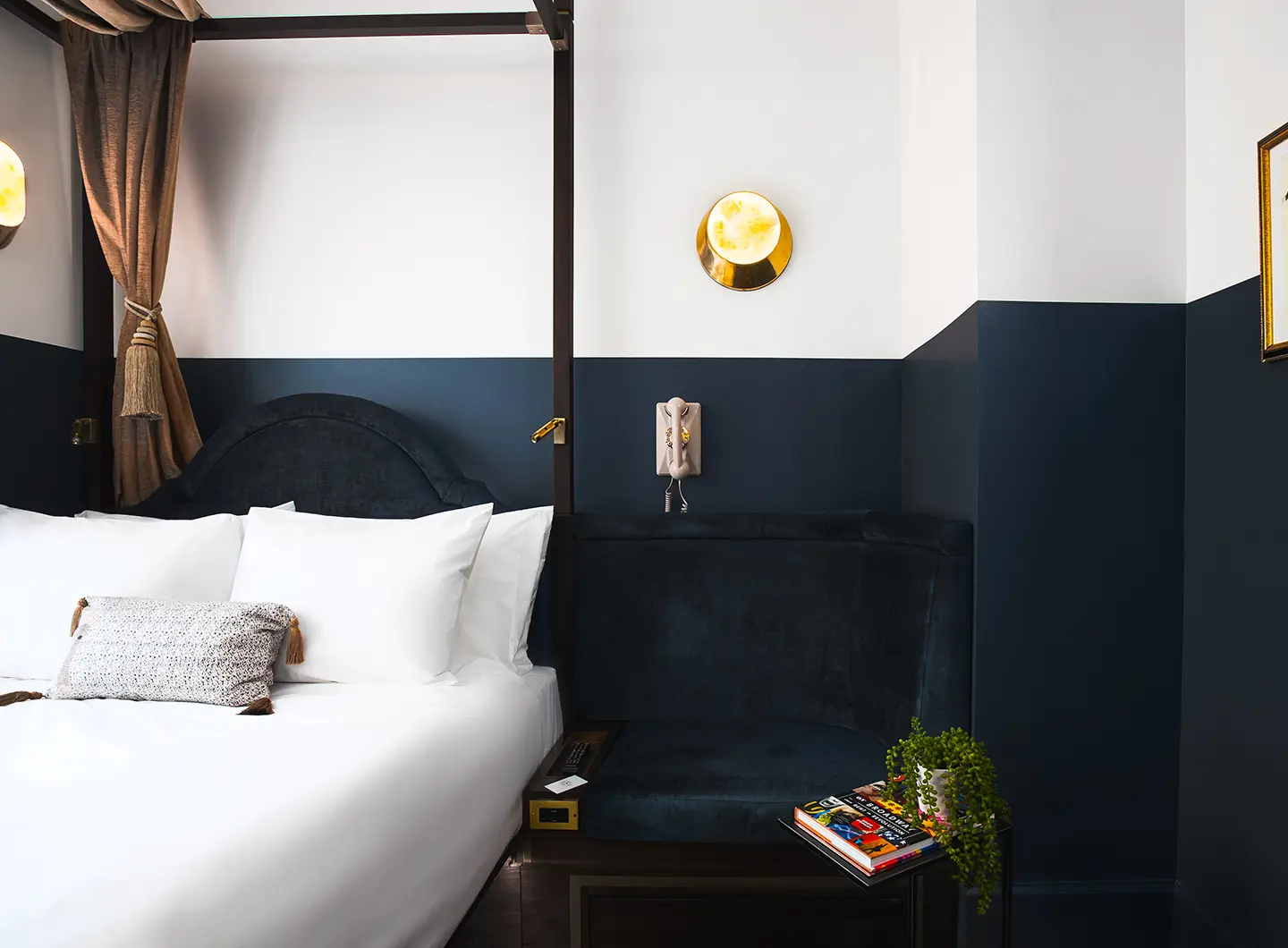
Civilian Hotel Blue Room
Yes. DineOut NYC, along with other outdoor dining efforts across the world, really taught us a great appreciation for the benefits of public space around different uses. This summer, The Seven Deadly Sins transformed streets in Manhattan’s Meatpacking District into a playhouse. We designed sets in empty storefronts for seven new plays, each addressing a sin—pride, sloth, greed, lust, wrath, envy, and gluttony.
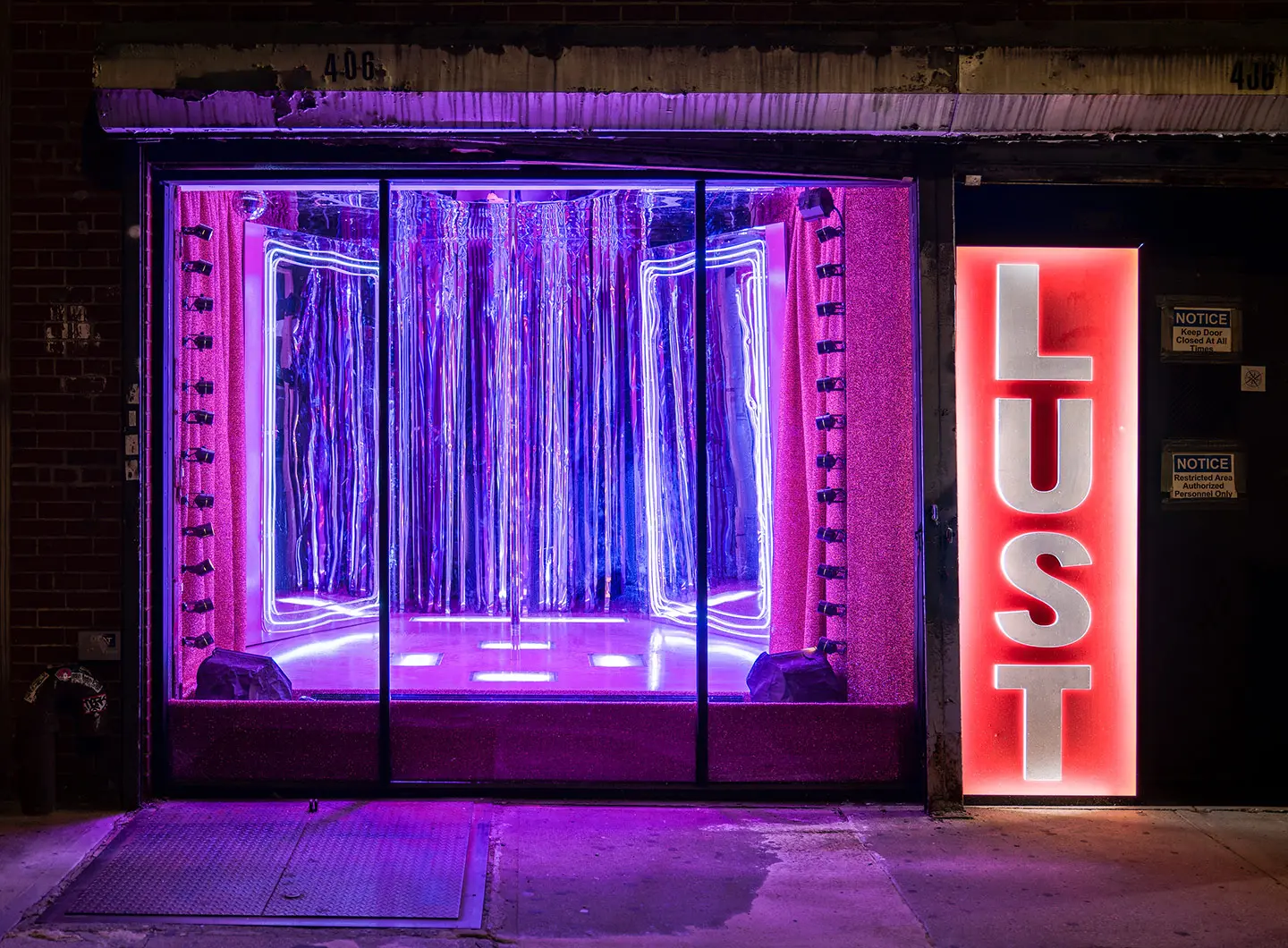
Seven Deadly Sins: LUST Set By Lawrence Sumulong
Salone del Mobile is incredible! What I love about Milan Design Week is that it is the design industry’s version of the World’s Fair. There is such a sense of wonder and discovery that spills over into the city, which has its own rich history of design. The grand scale combined with the feeling of excitement and energy there attracts people from around the world. It’s also very inclusive in the sense that established, emerging and student designers are well represented at the various events.


 Stories
Stories




